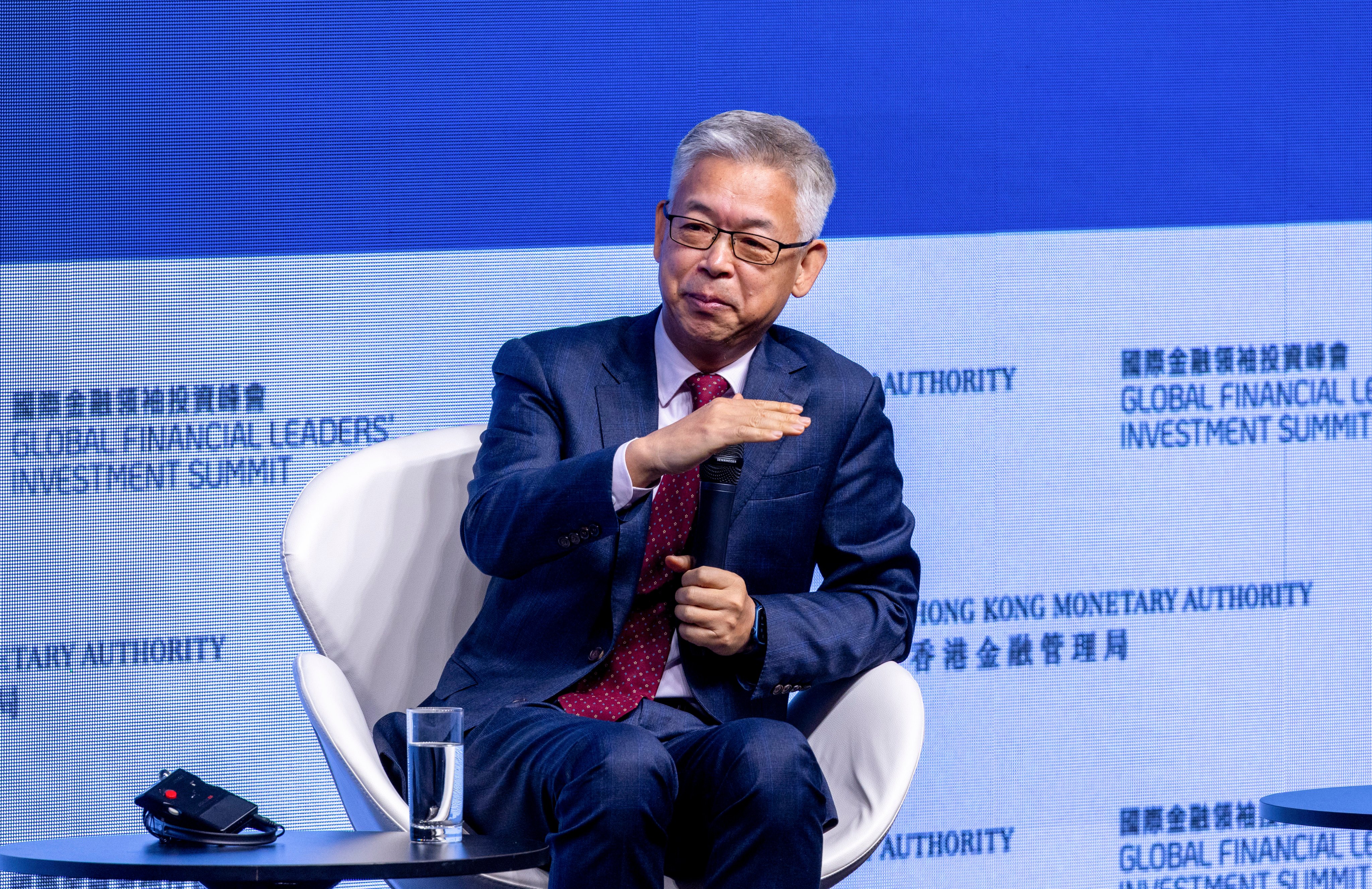Copyright scmp

China’s central government should borrow more to lift domestic demand through supportive monetary and fiscal policy, a Chinese economist has urged. “If I can make a recommendation, what I think we could also do is to put together a more aggressive macroeconomic policy using central government leverage or adding central government leverage,” Huang Yiping, a professor at Peking University and dean of its National School of Development, said at the Bund Summit in Shanghai on Saturday. The potential injected liquidity can be used to repair the balance sheets of household enterprises, financial institutions and local governments, which have all been struggling financially primarily due to a prolonged property crisis in the country, Huang said during a panel discussion. “If we can do that, the central government’s leverage room will rise, but I think we’re going to see a big boost to domestic demand,” said Huang, who is also a member of the monetary policy committee of the People’s Bank of China. The outstanding debt of China’s central government accounted for about 22 per cent of the country’s gross domestic product, Huang said, placing it in the lower-middle tier globally. Along with the property sector and weak domestic demand, the world’s second-largest economy has been grappling with other economic challenges, including a trade war with the United States and a rapidly ageing population. China’s economy grew 4.8 per cent year on year in the third quarter of 2025, marking a deceleration from the 5.2 per cent expansion recorded in the second quarter and the 5.4 per cent observed in the first. Notably, overall fixed-asset investment growth turned negative in the first nine months of 2025, down by 0.5 per cent year on year. After the fourth plenum, a meeting of the Central Committee of China’s ruling Communist Party which set the tone for the country’s five-year plan, the committee stressed the need to “firmly” achieve this year’s growth target, which was set earlier at “around 5 per cent”. Earlier this month, the Ministry of Finance announced a fiscal boost worth 500 billion yuan (US$70.2 billion) for local governments, drawn from the remaining quota under their statutory debt limit. China’s fiscal and monetary policy is likely to become more conducive to economic growth in the future, Huang said. “But I think we shouldn’t expect it [to be] too aggressive for the expansion of the policies,” he added. “On the margin, they will become more supportive.”



